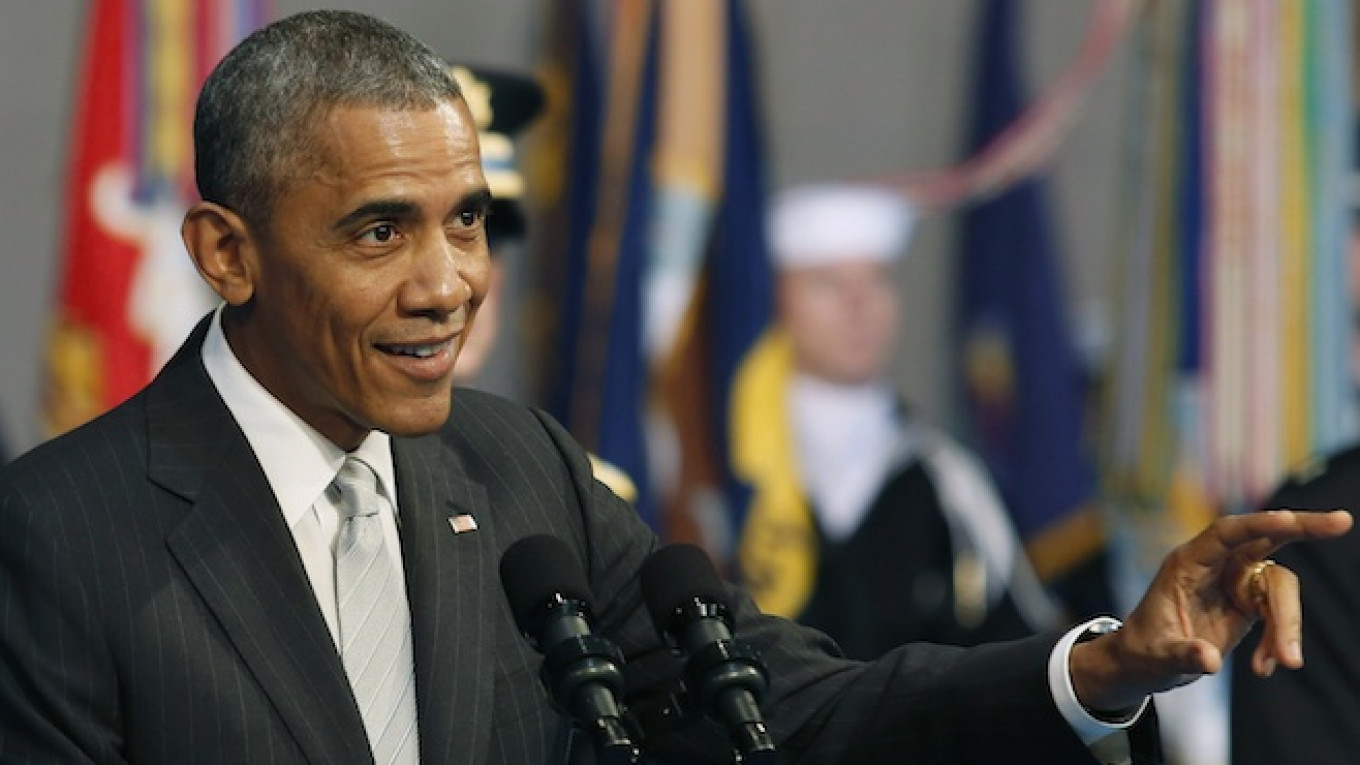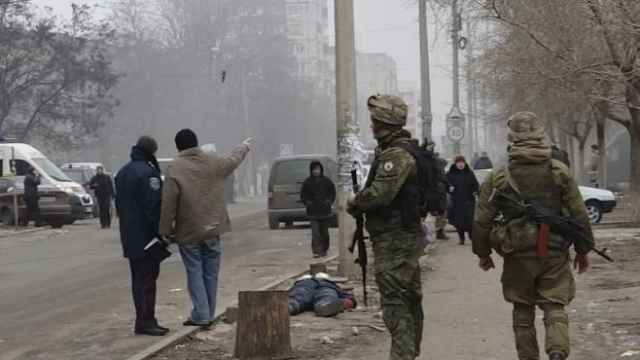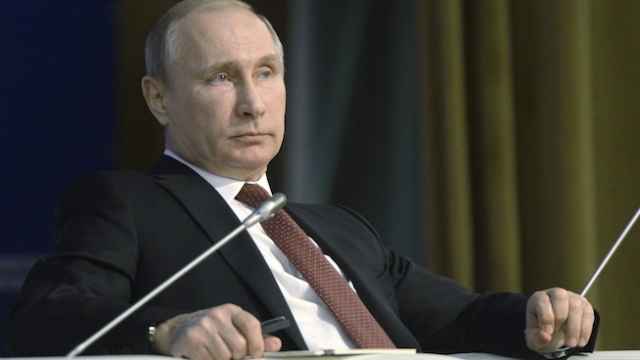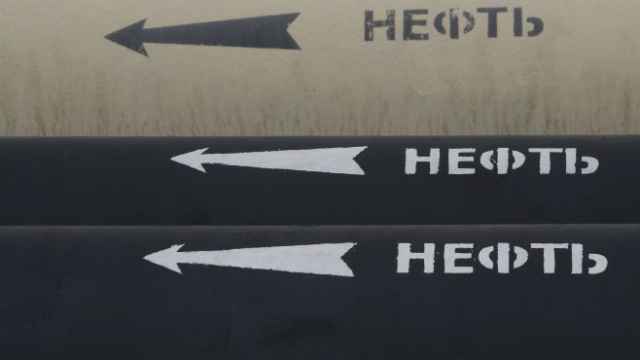The United States signed an agreement on Wednesday to provide $2 billion in loan guarantees to help war-torn Ukraine with "near-term social spending" in 2015 and said it was prepared to step up economic sanctions against Russia if necessary.
After signing the deal with Ukrainian Finance Minister Natalia Yaresko, U.S. Treasury Secretary Jack Lew criticized what he called "Russian aggression," a reference to Moscow's support for separatists battling Kiev's forces in eastern Ukraine which has triggered the Western sanctions on Moscow.
"We remain prepared to do more (on sanctions) if necessary. To that end, we will continue to work with our allies to increase the pressure on Russia," Lew told reporters at the signing ceremony.
Lew added that the sanctions could be eased if Russia abided by the terms of the Minsk agreements signed last September which called for a cease-fire and the withdrawal of Russian fighters and military equipment from Ukraine.
Moscow denies Western and Ukrainian accusations that it has sent regular forces into eastern Ukraine.
Like other major donors to Ukraine, Lew said the U.S. deal was contingent on the ex-Soviet republic continuing with fiscal and anti-corruption reforms and remaining on track to meet the conditions of its loan program with the International Monetary Fund.
In addition to the $2 billion in loan guarantees offered so far, President Barack Obama will ask the U.S. Congress on Monday to authorize another billion dollars in support for Ukraine, Lew told the BBC in an interview.
IMF officials are now in Kiev negotiating a bailout package, currently worth $17 billion, which Ukraine's pro-Western government hopes will be expanded to help it handle crippling external debt repayments due this year.
Ukraine's military on Wednesday reported the deaths of three more Ukrainian soldiers in the past 24 hours, adding to a steadily mounting death toll in a conflict in which more than 5,000 people have been killed since last April.
A rebel advance launched last week has shattered a five-month truce.
The conflict, which has led to the worst crisis in Russia-West relations since the end of the Cold War, erupted after street protests last February ousted a Russian-backed president. That prompted Moscow to annex Ukraine's Crimean peninsula and provide support to rebels in industrialized eastern Ukraine.
A Message from The Moscow Times:
Dear readers,
We are facing unprecedented challenges. Russia's Prosecutor General's Office has designated The Moscow Times as an "undesirable" organization, criminalizing our work and putting our staff at risk of prosecution. This follows our earlier unjust labeling as a "foreign agent."
These actions are direct attempts to silence independent journalism in Russia. The authorities claim our work "discredits the decisions of the Russian leadership." We see things differently: we strive to provide accurate, unbiased reporting on Russia.
We, the journalists of The Moscow Times, refuse to be silenced. But to continue our work, we need your help.
Your support, no matter how small, makes a world of difference. If you can, please support us monthly starting from just $2. It's quick to set up, and every contribution makes a significant impact.
By supporting The Moscow Times, you're defending open, independent journalism in the face of repression. Thank you for standing with us.
Remind me later.






